If you have ever experienced blocked drains, you know how frustrating it can be. This comprehensive guide answers many questions about what causes blocked drains and how to prevent them. Whether you are a new homeowner or have lived in your house for years, this guide will help you understand the common causes of blocked drains and how to avoid them.
Table of Contents
Causes of Blocked Drains
Kitchen Drains
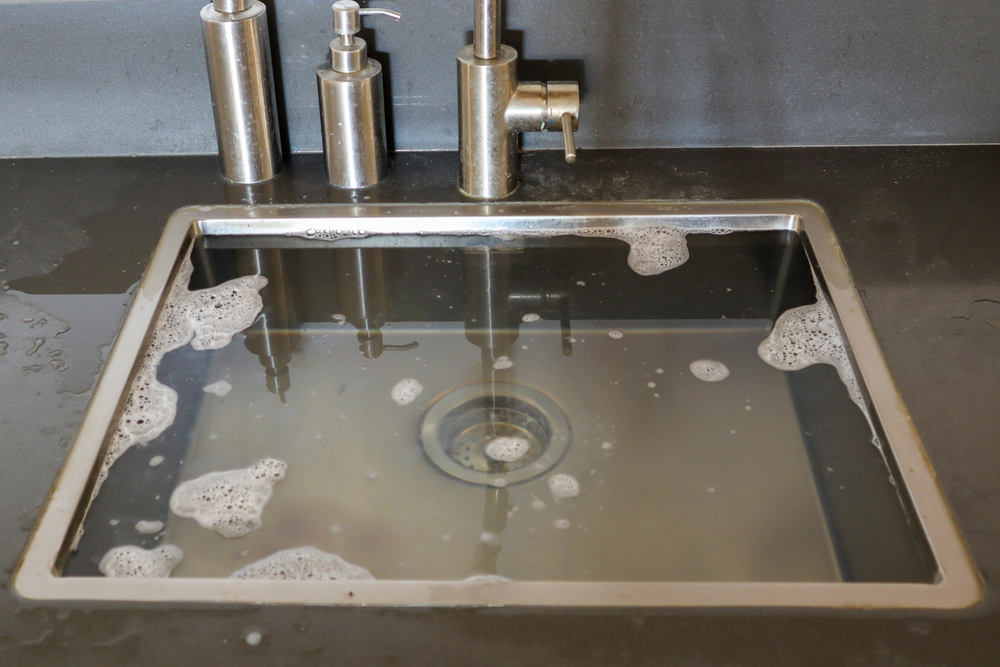
What can cause a blocked kitchen sink drain?
Kitchen drains are especially prone to blockages due to the amount of food waste and grease that passes through them. Here are some of the most common causes of blocked kitchen sink drains:
- Food scraps and grease buildup
- Pouring cooking oil down the drain
- Using a garbage disposal incorrectly
- Physical blockages from food scraps, soap scum, and other debris
- Grease and oil buildup from cooking
- Poorly designed plumbing systems
- Foreign objects accidentally dropped down the drain
To prevent blocked drains in your kitchen, jump to our section about preventing blocked drains.
Can pouring hot water down the drain help prevent blockages?
Pouring hot water down the drain can help prevent minor blockages by loosening and flushing away buildup. However, if there is already a significant blockage in the drain, hot water alone is unlikely to resolve the issue.
Is it okay to pour cooking oil down the drain?
No, it is not okay to pour cooking oil down the drain. When cooking oil cools, it solidifies and can create a blockage in the drain. Instead, allow the oil to cool and solidify, then dispose of it in the garbage.
How can I prevent food scraps from causing blocked drains?
To prevent food scraps from causing blocked drains, scrape excess food off dishes and into the garbage before washing them. Use a sink strainer to catch any small scraps that may still make it into the sink.
Can a garbage disposal cause blocked drains?
Yes, a garbage disposal can cause blocked drains if it is not used properly. Avoid putting large quantities of food or hard-to-grind items like bones, shells, and fibrous vegetables down the disposal. Always run water while using the disposal and clean it regularly to prevent buildup.
What can cause a blocked kitchen sink drain?
Several things can cause a blocked kitchen sink drain, including pouring cooking oil or grease down the drain, putting fibrous foods like celery or artichokes down the garbage disposal, or allowing food scraps to accumulate in the sink. Over time, these items can build up and cause a blockage in the pipes, leading to slow-draining water and potential backups. It’s important to properly dispose of waste and avoid putting non-biodegradable items down the sink to prevent blockages.
Bathroom Drains
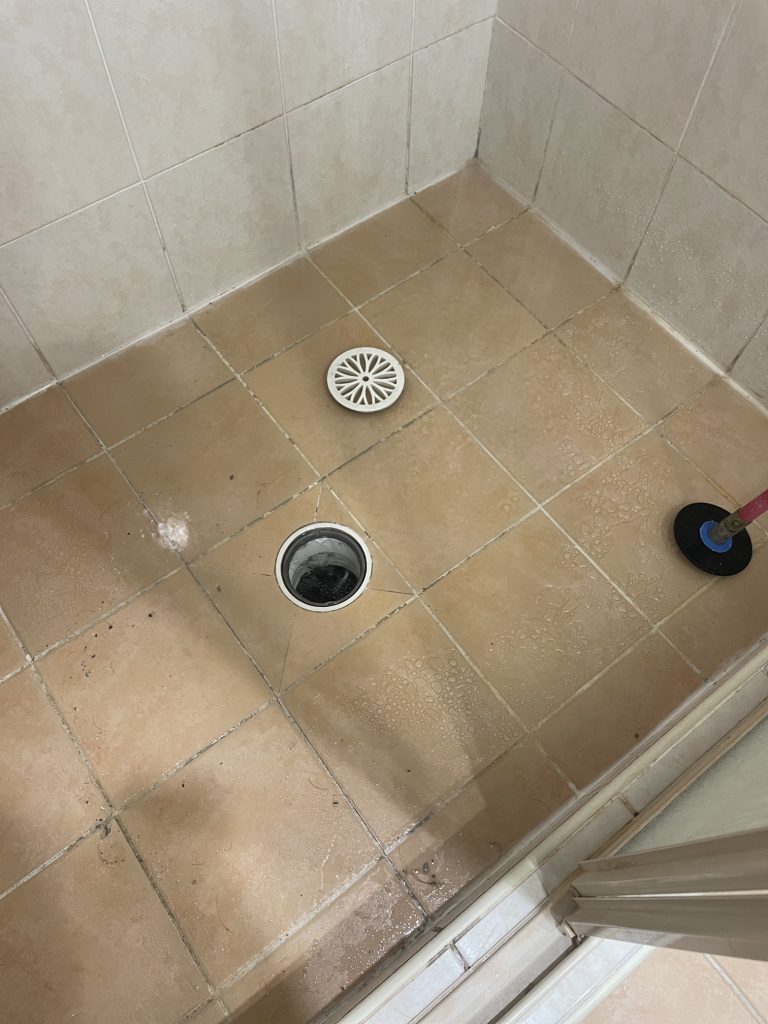
What can cause a blocked shower drain?
- Hair that accumulates in the drain
- Soap scum and mineral buildup
- Products like shampoo, conditioner, and body wash that are not completely washed down the drain
- Foreign objects accidentally dropped down the drain
Can using too much shampoo and conditioner cause blocked drains?
Yes, using too much shampoo and conditioner can contribute to blocked shower drains, especially if the products are not thoroughly rinsed down the drain. Use only the recommended amount of product and ensure that all of it is rinsed away.
Can flushing feminine hygiene products cause blocked toilet drains?
Yes, flushing feminine hygiene products can cause blocked toilet drains. These products do not break down easily and can create a blockage in the pipes. Dispose of feminine hygiene products in the garbage, not in the toilet.
How can I prevent hair from causing blocked bathroom drains?
To prevent hair from causing blocked bathroom drains, use a hair strainer or drain cover to catch hair before it goes down the drain. Clean the strainer or cover regularly to prevent buildup.
Can soap scum cause blocked bathroom drains?
Yes, soap scum can contribute to blocked bathroom drains, especially if it is allowed to accumulate over time. To prevent soap scum buildup, wipe down bathroom surfaces regularly and avoid using too much soap. You can also use a drain cleaner specifically formulated to dissolve soap scum.
Bathroom drains, including shower and sink drains, can become blocked due to a variety of reasons. Here are some of the most common causes of blocked bathroom drains:
- Hair buildup
- Soap scum and mineral buildup
- Flushing non-degradable items down the toilet
To prevent blocked bathroom drains, here are some tips:
- Use a drain cover to catch hair and other debris
- Avoid flushing non-degradable items down the toilet
- Use a combination of hot water and vinegar to remove soap scum buildup
Read our blog on 5 ways to unblock your shower drain
Toilet Drains
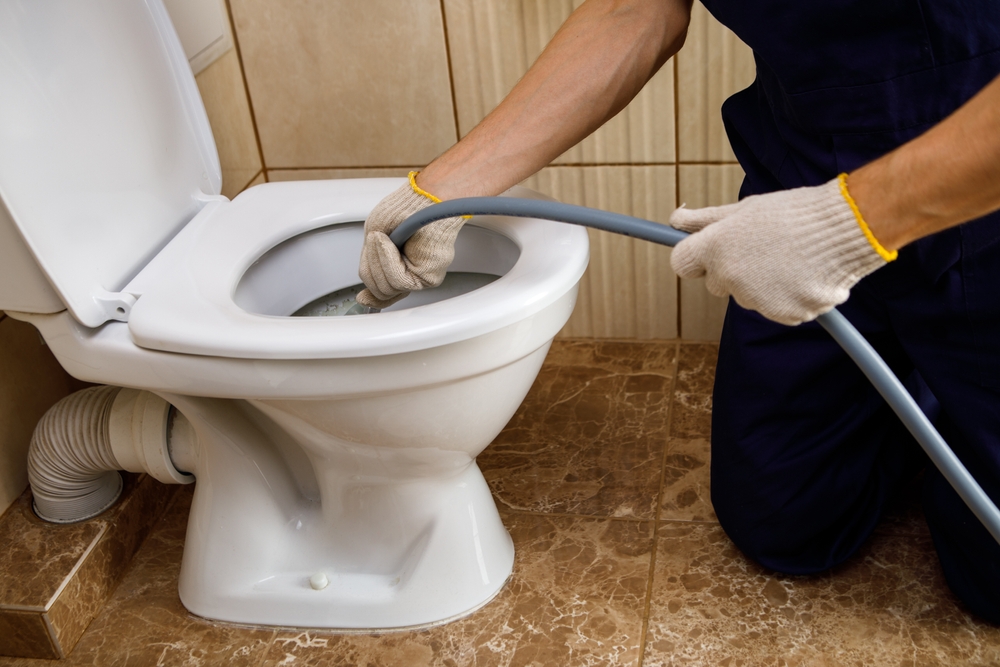
What can cause a blocked toilet drain?
- Flushing non-biodegradable items like wet wipes, sanitary products, and paper towels
- Excessive toilet paper use
- Foreign objects accidentally dropped into the toilet
- Tree roots invading the pipes
Can flushing baby wipes cause blocked toilet drains?
Yes, flushing baby wipes can cause blocked toilet drains. Even if the package claims the wipes are “flushable,” they do not break down easily and can cause blockages in the pipes. Dispose of baby wipes in the garbage, not in the toilet.
Can flushing dental floss cause blocked toilet drains?
Yes, flushing dental floss can cause blocked toilet drains. Dental floss does not break down easily and can get caught on other debris in the pipes, creating a blockage. Dispose of dental floss in the garbage, not in the toilet.
How can I prevent toilet paper from causing blocked toilet drains?
To prevent toilet paper from causing blocked toilet drains, use only the recommended amount of toilet paper, and avoid using paper that is too thick or textured. Consider using a bidet or wet wipes to reduce the amount of toilet paper needed.
Can tree roots cause blocked toilet drains?
Yes, tree roots can invade pipes and cause blocked toilet drains. Tree roots are attracted to the moisture in pipes and can grow into them, causing damage and blockages. If you suspect tree roots may be causing a blockage in your toilet drain, contact a professional plumber for assistance.
Toilet drains can become blocked due to a variety of reasons. Here are some of the most common causes of blocked toilet drains:
- Flushing non-degradable items, such as baby wipes and dental floss
- Excessive use of toilet paper
- Tree roots invading the pipes
To prevent blocked toilet drains, here are some tips:
- Only flush toilet paper and human waste down the toilet
- Dispose of non-degradable items in the bin
- Regularly inspect the toilet plumbing for signs of tree root invasion
Outdoor Drains
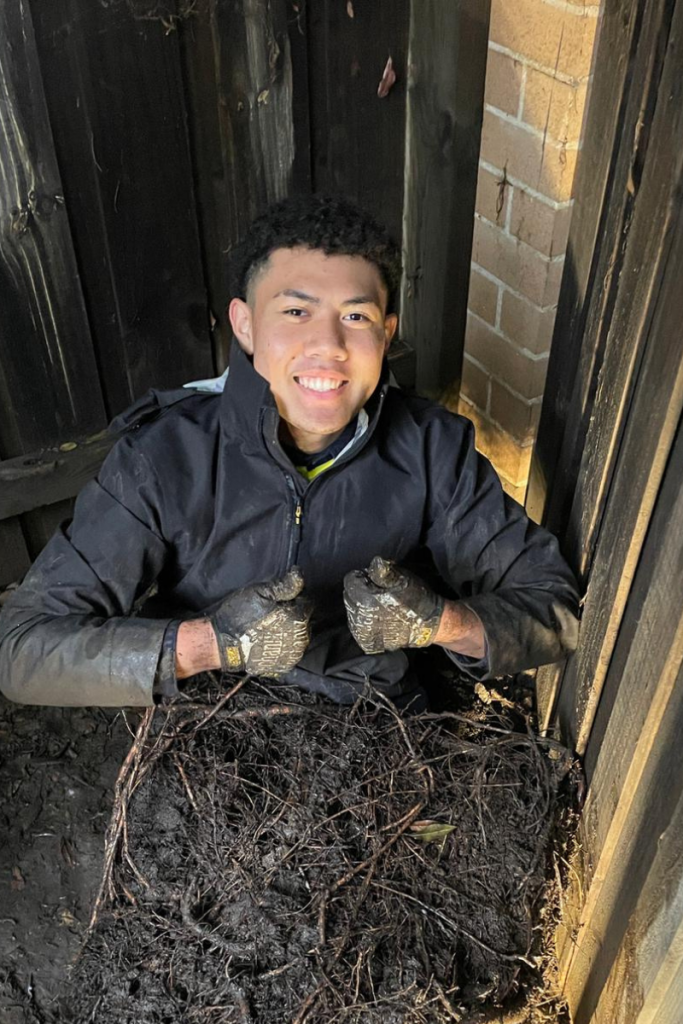
What can cause a blocked outdoor drain?
- Leaves, dirt, and other debris that accumulate in the drain
- Objects accidentally dropped into the drain
- Tree roots invading the pipes
- Poor drainage system design
Can heavy rainfall cause blocked outdoor drains?
Yes, heavy rainfall can cause blocked outdoor drains, especially if the drainage system is not functioning properly. When rainwater cannot drain away properly, it can create blockages and cause flooding.
How can I prevent leaves and debris from causing blocked outdoor drains?
To prevent leaves and debris from causing blocked outdoor drains, keep the area around the drain clear of leaves, dirt, and other debris. Use a leaf blower or rake to clear the area regularly, and consider installing a mesh cover or grate over the drain to catch debris before it enters the pipes.
Can tree roots cause blocked outdoor drains?
Yes, tree roots can invade outdoor drain pipes and cause blockages. Roots are attracted to the moisture in the pipes and can grow into them, causing damage and blockages. If you suspect tree roots may be causing a blockage in your outdoor drain, contact a professional plumber for assistance.
What should I do if my outdoor drain becomes blocked?
If your outdoor drain becomes blocked, you can try to clear the blockage yourself using a plunger or drain snake. If this does not work, or if the blockage is severe, contact a professional plumber for assistance. It is important to address blockages in outdoor drains as soon as possible to prevent flooding and water damage.
Outdoor drains, including stormwater drains and gutter downpipes, can become blocked for various reasons. Here are some of the most common causes of blocked outdoor drains:
- Debris buildup, including leaves, dirt, and sticks
- Heavy rainfall causing flooding and debris buildup
- Tree roots invading the pipes
To prevent blocked outdoor drains, here are some tips:
- Regularly clear leaves and debris from gutters and outdoor drains
- Install gutter guards to prevent debris buildup
- Monitor the condition of outdoor drains and repair any damage
Prevention of Blocked Drains
Kitchen Drains
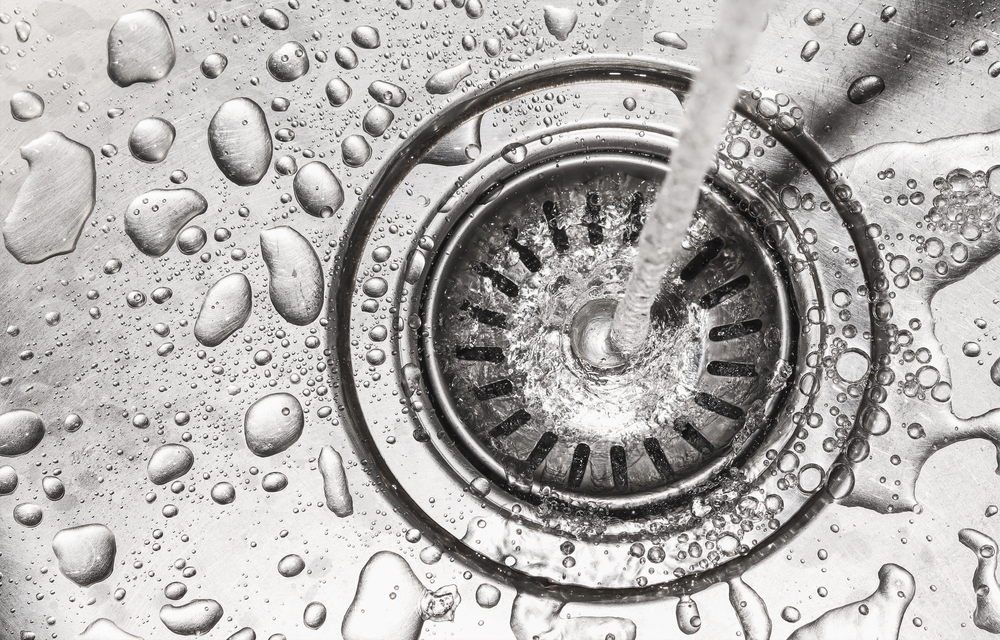
How can I prevent food scraps from causing blocked kitchen drains?
To prevent food scraps from causing blocked kitchen drains, scrape excess food off dishes and into the garbage before washing them. Use a sink strainer to catch small scraps that may still make it into the sink. Avoid pouring cooking oil and grease down the drain, as they can solidify and cause blockages.
Can I pour bleach down the kitchen sink drain to prevent blockages?
No, pouring bleach down the kitchen sink drain is not recommended to prevent blockages. Bleach is a corrosive chemical that can damage your pipes and potentially cause harm to the environment. Instead, use a natural drain cleaner or hot water to prevent blockages.
How often should I clean my garbage disposal to prevent blocked drains?
To prevent blocked drains, it is recommended to clean your garbage disposal at least once a month. To clean the garbage disposal, turn off the power, remove any large debris from the unit, and then use a mixture of baking soda and vinegar or lemon juice to clean and deodorize the disposal.
Are there any foods I should avoid putting down the kitchen sink drain?
Yes, there are several foods you should avoid putting down the kitchen sink drain to prevent blockages. These include fibrous vegetables like celery and artichokes, eggshells, coffee grounds, bones, and fruit pits. These items can get caught in the pipes and cause blockages.
Should I use a drain cleaner to prevent blocked kitchen drains?
Using a drain cleaner is not recommended as it can be corrosive and damage your pipes, especially if used too often. Instead, try using a natural drain cleaner like baking soda and vinegar, or a drain snake to remove blockages. If you have persistent blockages, contact a professional plumber for assistance.
To prevent blocked kitchen drains, here are some tips:
- Scrape food scraps into the bin or compost rather than down the drain
- Pour cooking oil into a container and dispose of it in the bin
- Run hot water down the drain after each use to help prevent grease buildup
- Use a sink strainer to catch food scraps
- Clean your garbage disposal regularly
- Avoid putting fibrous foods, such as celery and potato peels, down the drain
- Avoid using drain cleaners, which can damage pipes and harm the environment
Bathroom Drains
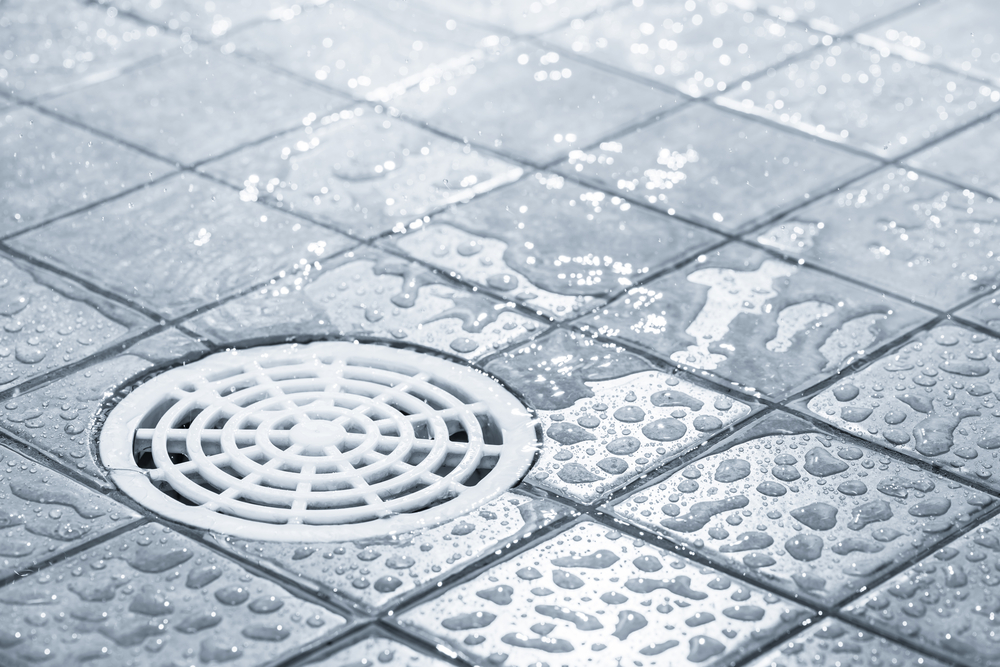
How can I prevent hair from causing blocked bathroom drains?
To prevent hair from causing blocked bathroom drains, use a hair strainer or drain cover to catch hair before it goes down the drain. Clean the strainer or cover regularly to prevent buildup. Additionally, you can consider brushing your hair before showering to remove loose hair.
Can I use a plunger to unblock a bathroom drain?
Yes, you can use a plunger to unblock a bathroom drain. Use a cup plunger and create a seal around the drain. Then, pump the plunger up and down to create suction and force the blockage out of the drain. If the blockage is severe, you may need to use a drain snake or contact a professional plumber for assistance.
Are there any natural remedies to prevent blocked bathroom drains?
Yes, there are several natural remedies that can prevent blocked bathroom drains. For example, pouring hot water down the drain regularly can help loosen and flush away buildup. You can also try pouring a mixture of baking soda and vinegar down the drain to dissolve blockages.
Should I avoid using too much shampoo and conditioner to prevent blocked bathroom drains?
Yes, using too much shampoo and conditioner can contribute to blocked bathroom drains, especially if the products are not thoroughly rinsed down the drain. Use only the recommended amount of product and ensure that all of it is rinsed away.
How often should I clean my bathroom drains to prevent blockages?
To prevent blockages, it is recommended to clean your bathroom drains at least once a month. You can use a natural drain cleaner like baking soda and vinegar to keep the drains clean and clear. If you have persistent blockages, contact a professional plumber for assistance.
To prevent blocked bathroom drains, here are some tips:
- Use a drain cover to catch hair and other debris
- Avoid flushing non-degradable items down the toilet
- Use a combination of hot water and vinegar to remove soap scum buildup
- Use a plunger to unblock a bathroom drain
- Use natural remedies, such as baking soda and vinegar, to prevent blockages
- Avoid using excessive amounts of shampoo and conditioner
- Clean your bathroom drains regularly
Toilet Drains
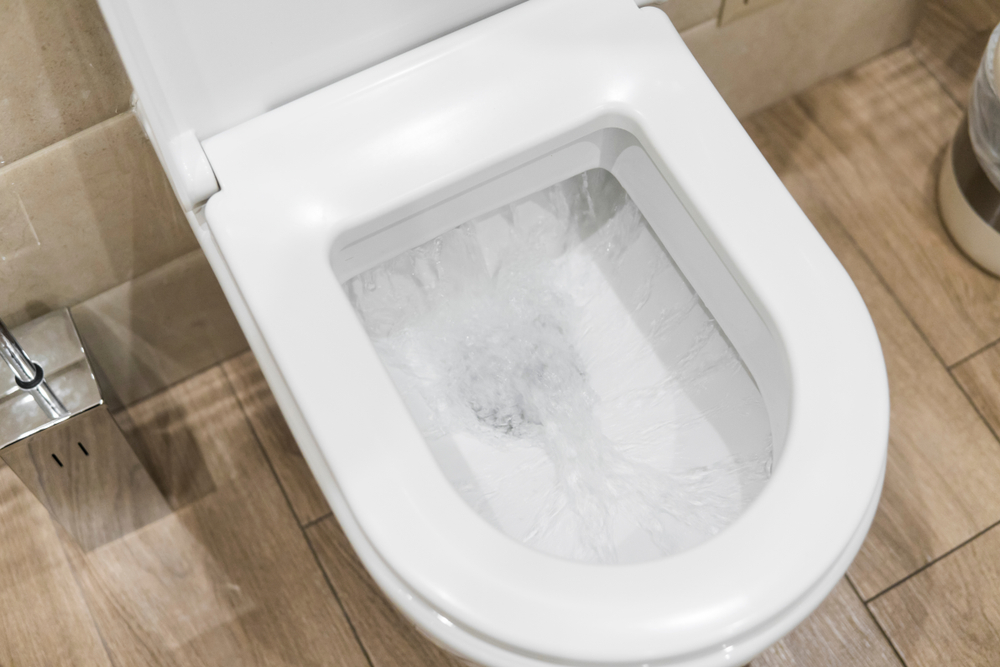
Can I prevent tree roots from invading my toilet drains?
To prevent tree roots from invading your toilet drains, it is recommended to plant trees away from the sewer line and to remove any existing trees or shrubs with aggressive root systems. You can also have a professional plumber install a root barrier to prevent tree roots from reaching the pipes.
Should I use a plunger or a drain snake to unblock a toilet drain?
You can use both a plunger and a drain snake to unblock a toilet drain, depending on the severity of the blockage. A plunger is effective for minor blockages, while a drain snake is more effective for severe blockages that cannot be removed with a plunger.
Are there any natural remedies to prevent blocked toilet drains?
Yes, there are several natural remedies that can prevent blocked toilet drains. For example, you can pour hot water down the drain regularly to loosen and flush away buildup. You can also try pouring a mixture of baking soda and vinegar down the drain to dissolve blockages.
How often should I have my toilet drains inspected to prevent blockages?
To prevent blockages, it is recommended to have your toilet drains inspected at least once a year by a professional plumber. Regular inspections can help identify and address any potential issues before they become severe.
Can I use a chemical drain cleaner to unblock a toilet drain?
Using a chemical drain cleaner is not recommended for unblocking a toilet drain as it can be corrosive and damage your pipes. Additionally, if the blockage is severe, the chemical drain cleaner may not be effective. Instead, try using a plunger or a drain snake to remove the blockage, or contact a professional plumber for assistance.
To prevent blocked toilet drains, here are some tips:
- Only flush toilet paper and human waste down the toilet
- Dispose of non-degradable items in the bin
- Regularly inspect the toilet plumbing for signs of tree root invasion
- Use a plunger or a drain snake to unblock a toilet drain
- Use natural remedies, such as hot water and baking soda, to prevent blockages
- Have your toilet drains inspected by a professional plumber regularly
- Avoid using chemical drain cleaners, which can damage pipes and harm the environment
Outdoor Drains
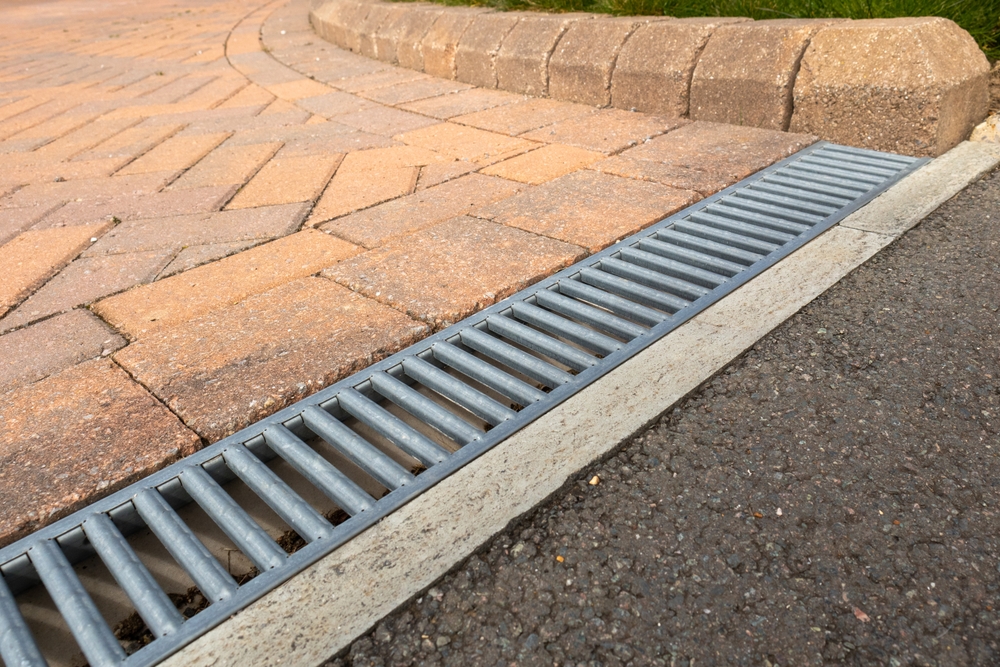
How can I prevent leaves and debris from causing blocked outdoor drains?
To prevent leaves and debris from causing blocked outdoor drains, regularly clear them from gutters and outdoor drains. Install gutter guards to prevent debris buildup and monitor the condition of outdoor drains. Repair any damage to the drains as soon as possible to prevent further issues.
Can I clean my outdoor drains myself or should I hire a professional?
You can clean your outdoor drains yourself if they are not severely blocked. However, if the blockage is severe, or if you are unable to clean the drains yourself, it is recommended to hire a professional to avoid causing further damage to the pipes.
Should I cover my outdoor drains during heavy rainfall to prevent blockages?
Yes, covering outdoor drains during heavy rainfall can prevent debris buildup in the drains. Use a mesh or perforated cover to allow water to flow through while catching debris.
How often should I inspect my outdoor drains to prevent blockages?
To prevent blockages, it is recommended to inspect your outdoor drains at least once a year. Regular inspections can help identify and address any potential issues before they become severe.
Can I use a pressure washer to clean my outdoor drains?
Yes, you can use a pressure washer to clean your outdoor drains, especially if there is a significant buildup of debris. However, be cautious not to use too much pressure as it can damage the pipes. It is also recommended to wear protective gear while using a pressure washer.
To prevent blocked outdoor drains, here are some tips:
- Regularly clear leaves and debris from gutters and outdoor drains
- Install gutter guards to prevent debris buildup
- Monitor the condition of outdoor drains and repair any damage
- Consider hiring a professional to clean your outdoor drains if they become blocked or if you are unable to do it yourself.
- Cover outdoor drains during heavy rainfall to prevent debris buildup
- Inspect your outdoor drains at least once a year to prevent blockages
- Use a pressure washer to clean your outdoor drains, if necessary
FAQs
Q: What are the signs of a blocked drain?
A: Signs of a blocked drain include slow-draining water, foul odours, gurgling sounds, and water backups. You may also notice an increase in the number of flies or insects around the drain.
Q: Can a blocked drain cause damage to my home?
A: Yes, blocked drains can cause water damage to your home, as well as foul odours and potential health hazards. Water backups can cause flooding, and the resulting moisture can cause damage to walls, floors, and ceilings.
Q: Should I try to unblock a drain, or should I call a professional?
A: It is best to call a professional plumber to unblock a drain, as DIY attempts can often worsen the problem and cause further damage. Plumbers have the necessary tools and expertise to safely and effectively unblock drains.
Q: Can blocked drains be prevented?
A: Yes, blocked drains can be prevented by following simple tips such as disposing of waste correctly and cleaning drains regularly. Avoid pouring grease or oil down drains, use a sink strainer to catch food scraps and hair, and avoid flushing non-biodegradable items down the toilet.
Q: What should I do if my drain becomes blocked?
A: If your drain becomes blocked, turn off the water supply and call a professional plumber to assess and fix the problem. Attempting to unblock the drain yourself can worsen the problem and cause further damage to your pipes. It is important to address blockages as soon as possible to prevent water damage and potential health hazards.
Conclusion
Blocked drains can be a real pain for homeowners, causing frustration and sometimes even damage your home. But don’t worry, there are simple steps you can take to prevent blockages and keep your drains flowing smoothly. By understanding the common causes of blocked drains and following easy prevention tips, you can avoid the hassles that come with blocked drains. Remember to dispose of waste correctly – don’t pour grease or oil down the drain, use a sink strainer to catch hair and food scraps, and avoid flushing non-biodegradable items down the toilet. And if you do experience a blocked drain, don’t hesitate to seek professional help. A qualified plumber has the expertise and tools needed to safely and effectively unblock your drains, and prevent any further damage.
